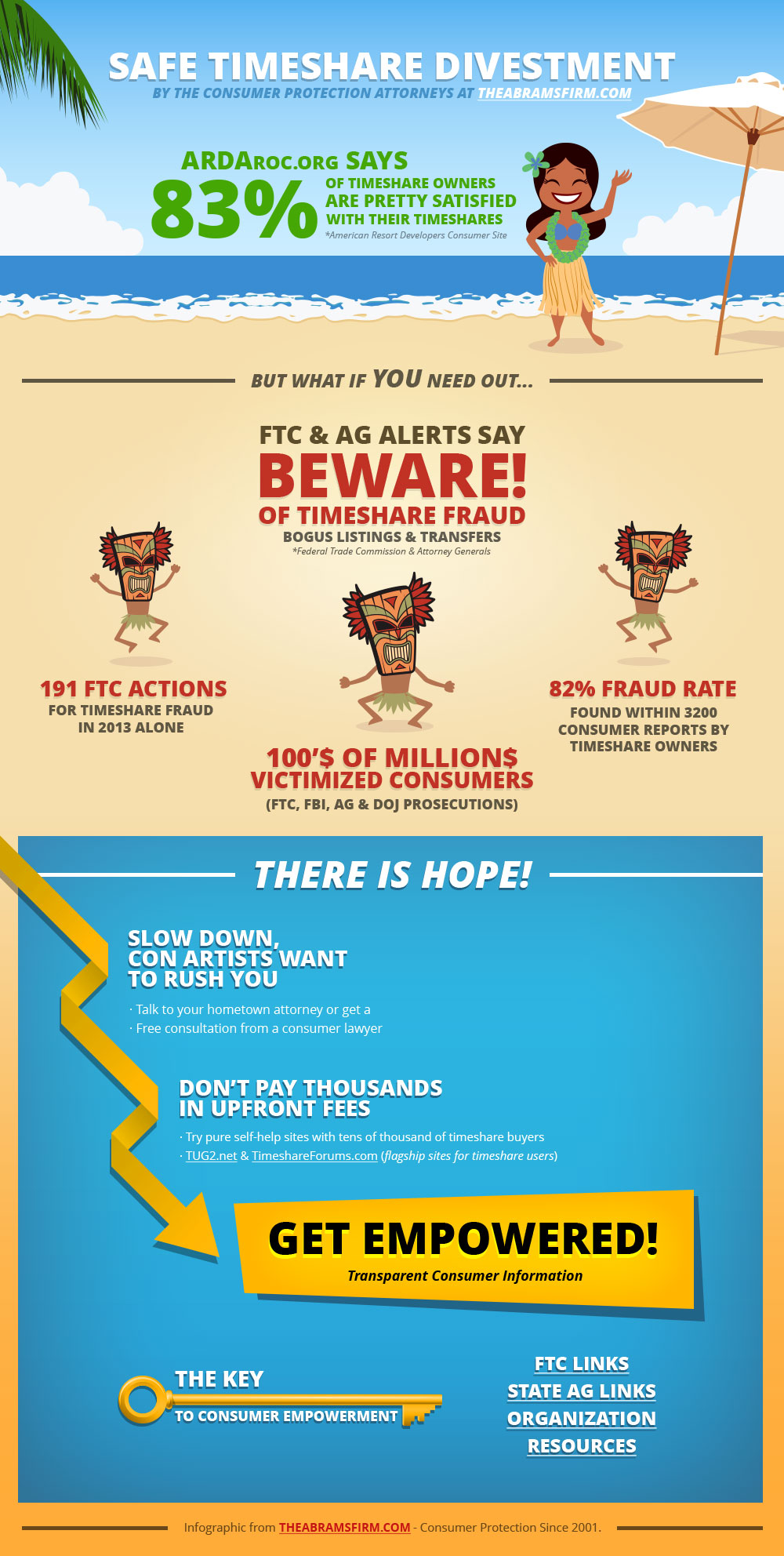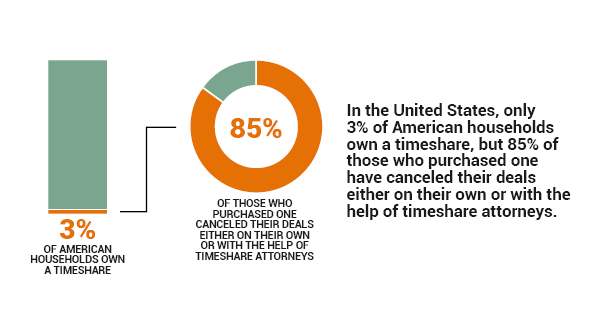Timeshares, which are arrangements by which you acquire the right to use an unit at a home for a time period, remain controversial among financial consultants. On one hand, they allow you to secure vacation home for a prolonged duration of time at a fairly fixed expense. On the other hand, they tend to be illiquid and, when you can offer them, it's often at a loss. However, one thing that is indisputable is that they can carry tax benefits. For you to be able to claim deductions on a timeshare, you require to treat it as your second home.
You can just compose off the interest on your first $1 countless acquisition debt and first $100,000 of house equity debt. how do you legally get out of a timeshare. Claiming the house mortgage interest reduction on a timeshare is a bit more complex than claiming it on a conventional home. The Internal Revenue Service only lets you write off interest that you pay on a loan that takes the home as security-- like a traditional home loan. If you buy your timeshare with a credit card or with a loan that isn't secured by the underlying property, it doesn't certify as a home mortgage and your interest won't be tax-deductible.
However, you require to be able to clearly establish what the residential or commercial property taxes are on your timeshare. If your timeshare is located in a state that independently examines taxes on each timeshare owner, your tax expense offers documentation. If, nevertheless, you pay your real estate tax with your upkeep fee, the costs you receive from the timeshare manager needs to break out the property taxes for you to be able to write them off. Normally, the IRS needs you to file Schedule E when you have rental property. On Set up E, you report all of your income and deduct all of The original source your expenses.
If you have an earnings, you'll need to pay tax on it. If you have a loss, it's not likely that you 'd have the ability to deduct it from your earnings. The Internal Revenue Service won't let you claim passive losses if your adjusted gross earnings is over $150,000. They also won't let you declare losses on a residential or commercial property that you use personally for more than 10 percent of the time that it's available, a threshold that you'll probably go beyond if you utilize your timeshare at all. There's a completely legal way around these limitations, however. As long as you lease your timeshare out for 15 or less days per year, the Internal Revenue Service disregards to it.
The 20-Second Trick For What Is It Like To Be A Timeshare Sales Rep In Las Vegas

While it's not a tax break if you lose money on the leasing, it is if you can rent it out beneficially. Either way, the whole transaction is tax-free, as described in the IRS' own Publication 527 on Residential Rental Home rules.

If you have a timeshare system that you won't be using, renting it out does not just help you to settle the expense of owning and preserving it. It can likewise communicate some significant tax advantages. While you may need to pay the tax on a few of the income that you earn from a profitable leasing, the deductions that the Irs lets you claim assistance to settle much of that tax liability. The income that you receive from renting out your timeshare is taxable. If you utilize an agency, they will probably send you and the Internal Revenue Service a 1099 form after the end of the year to document your income.
Rather, you pay it on your http://dallasfust627.trexgame.net/what-does-where-to-buy-a-timeshare-mean profit. When you own a timeshare unit that you use as a rental residential or commercial property, your normal and necessary expenditures are subtracted from its rental earnings. This implies you can instantly subtract your maintenance costs and any home loan interest that you pay for the timeshare, even if you could not otherwise subtract it. The Internal Revenue Service also lets you subtract any other expenditures that you sustain, like advertising or management charges. The common and needed guideline likewise provides you some latitude to include other expenditures that have a mixed nature as write offs as well. For example, if you utilize your home's Internet access to examine deals to lease your home, you can assign an in proportion share of that, or of your cell phone expense, if you use it for rentals, to the leasing.
When all is said and done, it's entirely possible for your Set up E to show a loss despite the fact that you in fact have money in your pocket. Unfortunately, since of the short-term nature of most timeshares, you most likely won't have the ability to compose that loss off versus earnings that you make from working. However, if you have other investment property, you can use your timeshare's losses to balance out make money from that residential or commercial property.
Some Known Details About What Do I Need To Know About Renting Out My Timeshare?
Response In general, if you get earnings from the leasing of a house unit, such as a home, home, or duplex, you can deduct particular expenses. Besides knowing which costs might be deductible, it is very important to comprehend potential restrictions on the quantities of leasing expenditures that you can subtract in a tax year. There are several types of limitations that might apply. If you don't rent your residential or commercial property to make a revenue, you can subtract your leasing costs just up to the quantity of your rental earnings, and you can't carry forward rental expenditures in excess of rental earnings to the next year.
g. specific real residential or commercial property taxes and home loan interest) are exempt to this limitation. Describe Publication 527, Residential Rental Home and Publication 535, Overhead. The tax treatment of rental income and expenditures for a house unit that you likewise use for individual purposes depends upon the number of days you used the unit for individual functions. Leasing to family members may be considered individual usage even if they're paying you lease, unless the relative uses the residence unit as his or her primary home and pays lease equivalent to the fair rental value. Refer to Publication 527, Residential Rental Property.
You carry any excess loss forward to the list below year or years up until used, or you bring any excess loss forward up until the year you get rid of your entire interest in the activity in a fully taxable transaction (how to leave a timeshare presentation after 90 minutes). There are several exceptions that may Get more info apply to the passive activity restrictions. Refer to Publication 527, Residential Rental Property and Publication 925, Passive Activity and At-Risk Rules. The at-risk rules limit your losses from a lot of activities to your quantity at risk in the activity. You deal with any loss prohibited due to the fact that of the at-risk limitations as a reduction from the exact same activity in the next tax year.